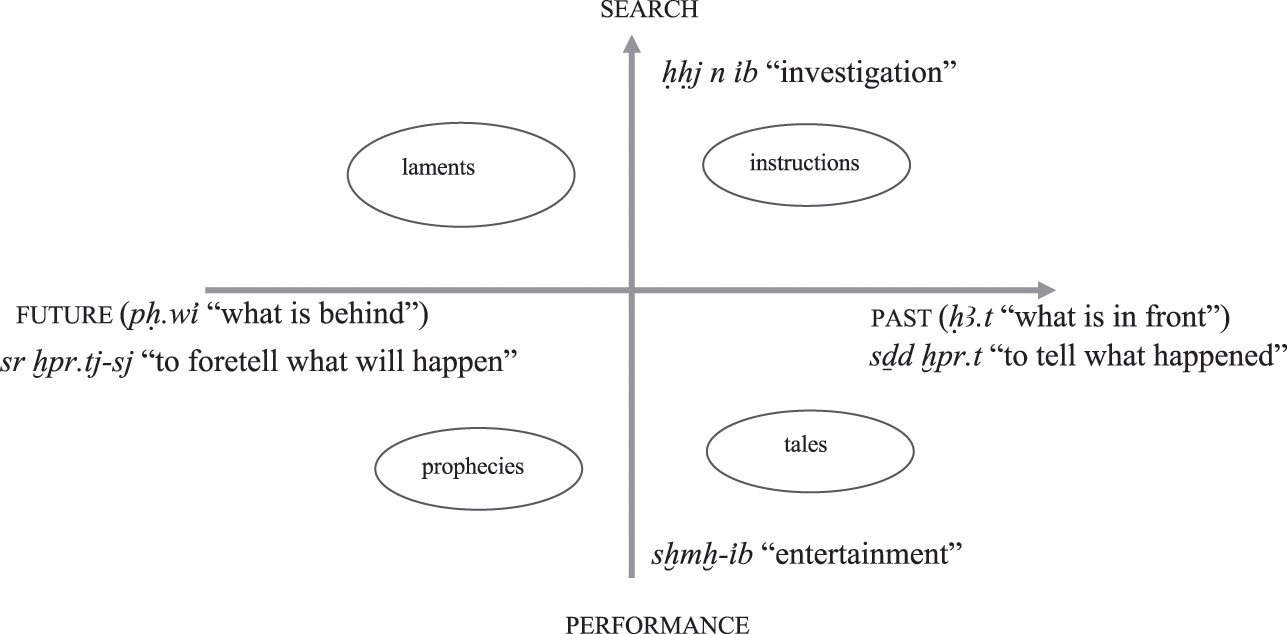The Norton Critical Edition of 'The Epic of Gilgamesh' is a fairly recent translation of what is currently the oldest known epic. The epic was translated by Benjamin R. The book also includes 'The Sumerian Gilgamesh Poems', translated by Douglas Frayne, and 'The Hittite Gilgamesh', translated by Gary Beckman. Addeddate 2017-09-04 22:42:43 Identifier 12CPReadingTheEpicOfGilgamesh Identifier-ark ark:/13960/t87h7s466 Ocr ABBYY FineReader 11.0 Ppi 600 Scanner Internet Archive HTML5 Uploader 1.6.3.
Copy Citation
Export Citation
With a personal account, you can read up to 100 articles each month for free.
Already have an account? Login
Monthly Plan
- Access everything in the JPASS collection
- Read the full-text of every article
- Download up to 10 article PDFs to save and keep
Yearly Plan
- Access everything in the JPASS collection
- Read the full-text of every article
- Download up to 120 article PDFs to save and keep
Purchase a PDF
How does it work?
- Select the purchase option.
- Check out using a credit card or bank account with PayPal.
- Read your article online and download the PDF from your email or your account.

- Access supplemental materials and multimedia.
- Unlimited access to purchased articles.
- Ability to save and export citations.
- Custom alerts when new content is added.
 Proceed to Cart
Proceed to Cart
The regular serial publication of the Society, issued quarterly, is the Journal of the American Oriental Society. The first volume, published in 1843-49, set the tone for all time in the broad scope of subject matter and the solidity of its scholarship. It included studies of Arab music, of Persian cuneiform, and of Buddhism in India, and brought to a wide audience the then novel theories of Pierre E. Du Ponceau, assailing the doctrine of the 'ideographic' character of the Chinese script. From that year to the present day, the Journal has brought to the world of scholarship the results of the advanced researches of the most distinguished American Orientalists, specialists in the literatures and civilizations of the Near East, North Africa, South and Southeast Asia, Inner Asia, the Far East and the Islamic World. The pages of the Journal are always open to original and interesting contributions from scholars. To assure competent and impartial appraisal of the scholarly level of the material submitted for publication, the editorial staff is composed of recognized scholars in each of the major areas served by the Society. Membership in the AOS includes an annual subscription to the Journal.

The American Oriental Society is the oldest learned society in the United States devoted to a particular field of scholarship. The Society was founded in 1842, preceded only by such distinguished organizations of general scope as the American Philosophical Society (1743), the American Academy of Arts and Sciences (1780), and the American Antiquarian Society (1812). From the beginning its aims have been humanistic. The encouragement of basic research in the languages and literatures of Asia has always been central in its tradition. This tradition has come to include such subjects as philology, literary criticism, textual criticism, paleography, epigraphy, linguistics, biography, archaeology, and the history of the intellectual and imaginative aspects of Oriental civilizations, especially of philosophy, religion, folklore and art. The scope of the Society's purpose is not limited by temporal boundaries: All sincere students of man and his works in Asia, at whatever period of history are welcomed to membership.
Note: This article is a review of another work, such as a book, film, musical composition, etc. The original work is not included in the purchase of this review.
The Epic Of Gilgamesh Benjamin R. Foster Pdf Free
This item is part of JSTOR collection
For terms and use, please refer to our Terms and Conditions
Journal of the American Oriental Society © 2005 American Oriental Society
Request Permissions
The Epic Of Gilgamesh Benjamin R. Foster Pdf Chapter
The Epic Of Gilgamesh Full Book Pdf
Gilgamesh was considered a hero because he had many great qualities, such as loyalty, perseverance, and heroism. Although these are heroic traits, he also had his flaws and was self-righteous, selfish, and prideful. Gilgamesh was a great man and was seen as flawless and “perfect in…show more content…
Because of his pride, he does not listen, which is one of his biggest flaws in the story. Furthermore, you can see Gilgamesh’s perseverance when he finds out that the outcome of his journey is not favorable, but he still continues to go after praying to Shamash (26). This shows that he would always continue with what he started and that he was not one to give up on what he says he is going to do. His loyalty to his friend, Enkidu, is also very obvious, especially after Enkidu passed away, when Gilgamesh “Slaughtered fatted [cattle] and sheep, heaped them high for his friend” (62). This shows that Gilgamesh really enjoyed and appreciated Enkidu as a friend, and even after his death, he did everything possible to make sure that he was recognized and respected. But, after his death, Gilgamesh still showed his flaw of being self-righteous because he felt that he deserved eternal life because he was part god. For instance, he stated, “Enkidu, my friend whom I loved, is turned into clay! Shall I too not lie down like him, and never get up forever and ever?” (78). The idea of death really hit him after Enkidu because he realized that death is inevitable, no matter how prideful you are or how much you achieve, it is still going to happen. Gilgamesh definitely had too many heroic qualities that were